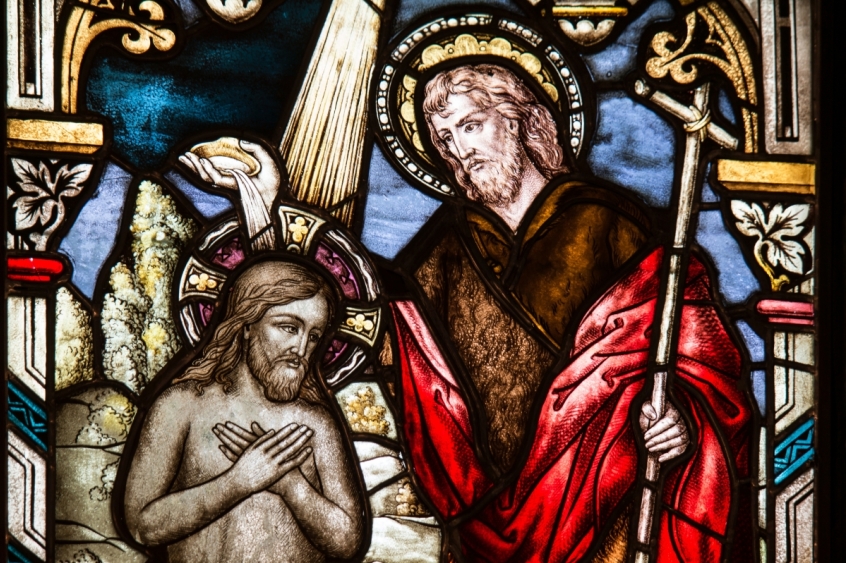
When the Archbishop of Canterbury Robert Runcie asked worshippers at St Paul's Cathedral in a service intended to mark Britain's victory in the Falklands War to pray for the dead of both sides, the right wing erupted in fury.
His sermon was seen as meddling in politics and an attack on Prime Minister Margaret Thatcher.
If Britain had its own Johnson Amendment, and the sermon had been during an election campaign, would he have risked in that single sermon the loss of the tax exempt status of the entire Church of England? That would have been some sweet revenge by Thatcher.
It seems incredible that in a country such as the United States, that has made freedom of speech a cornerstone of its constitution, clergy are inhibited in what they can say about politics from the puplit.
Britain has its own rules regarding campaigning and political activity by charities. Although praying for the dead or advocating particular policies would not be a violation of these or the US rules, Runcie's sermon was seen as a personal attack on the Prime Minister. In any case in the UK, the rules are not objected to by church leaders.
Our reporter Harry Farley explains the Johnson Amendment here for Christian Today.
In the US, evangelicals believe strongly that the restrictions brought in by the amendment are an unjust inhibition on freedom of speech.
It was in 1954 that Congress amended – without any debate – the Internal Revenue Code. This means that non-profit organisations, including churches, risk losing their tax-exempt status if they preach politics from the pulpit during an election campaign.
Trump recognises this. His promise to rescind the amendment, made at a private meeting with evangelical Christian leaders during the campaign, is among the main reasons he won their vote.
Trump recognises that preventing clergy from speaking out about individual politicians during campaigns is unacceptable censorship of their Christian witness. It also goes directly against the Bible.
In book after book, we see the people of God engage directly with and against the political rulers of their day – Joseph, Moses, Nathan, Isaiah, Jesus himself. "All authority in heaven and on earth is given unto me," said Jesus in the Gospels. That is in heaven and earth, not just in heaven.
It is biblically and morally wrong that Christian preachers be denied the authority to preach for politics and justice, to speak out against individual wrong or right.
Jesus warned his followers that by following Him, they would cause offence. And in Acts, we read how Peter and John did indeed go against an order not to preach and were arrested. Civil disobedience has long been a key part of Christian social witness. Today we call it "speaking truth to power". St Paul understood how political power comes from God, and how secular authority can be challenged through the spiritual authority of Christ.
No evangelical wanting the repeal of the Johnson Amendment imagines for a moment that Trump is the perfect example of Christian witness to the nation.
But this he does understand.
As he said at the National Prayer Breakfast: "America will flourish as long as our liberty, and in particular our religious liberty, is allowed to flourish."
Rescinding the Johnson Amendment will allow religious engagement with political life in America as not seen since the middle of the last century.
It fits in with Trump's moves to roll back regulations in financial and other areas, and introduce a new religious freedom act.
And ultimately it is an incredibly brave act by this supremely flawed human being.
Because once the Johnson Amendment is gone, who is likely to be the target of the most vitriolic political tub-tumping from the pulpits of America in four years time?
Of course it will be Donald Trump himself.













